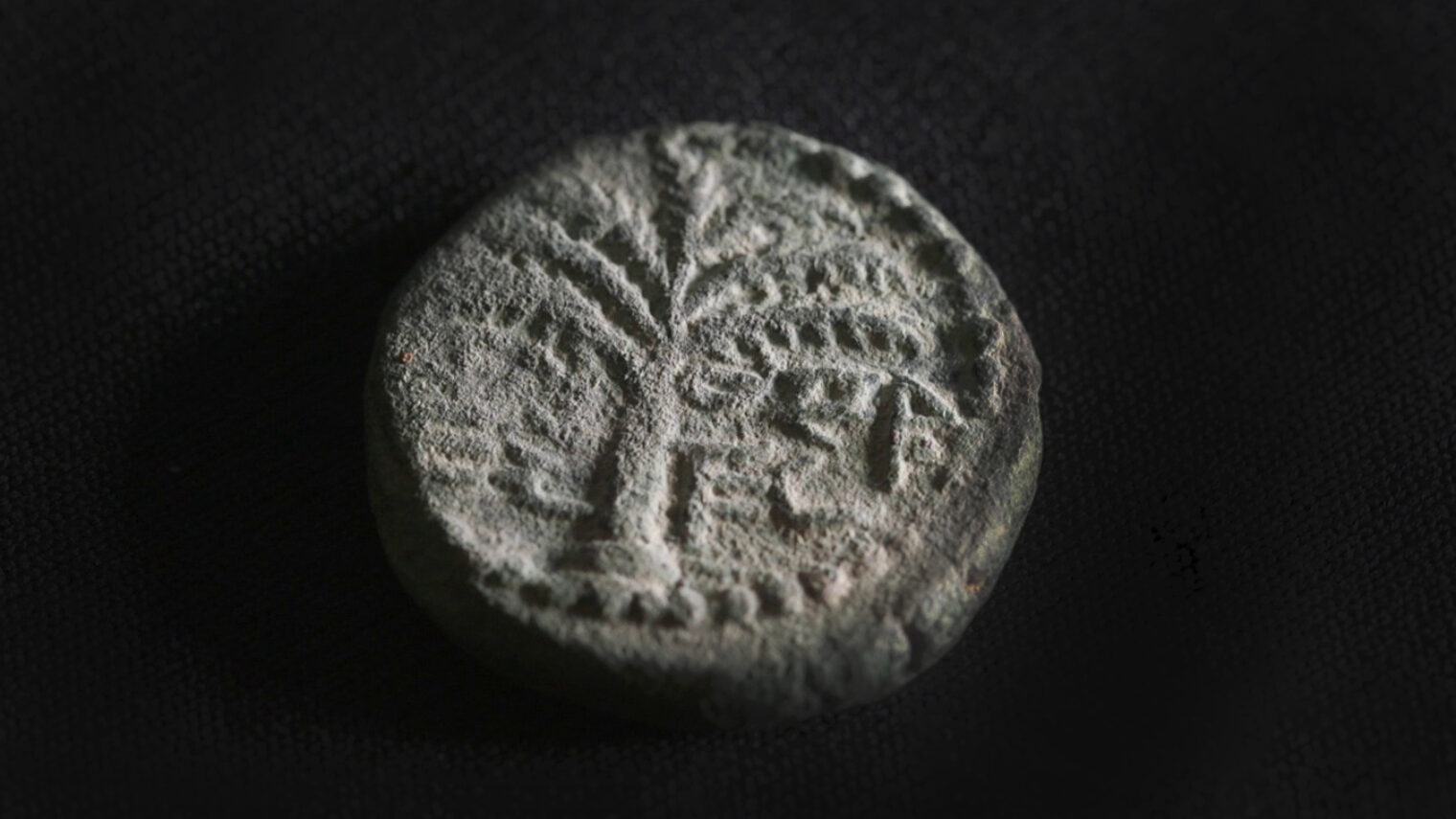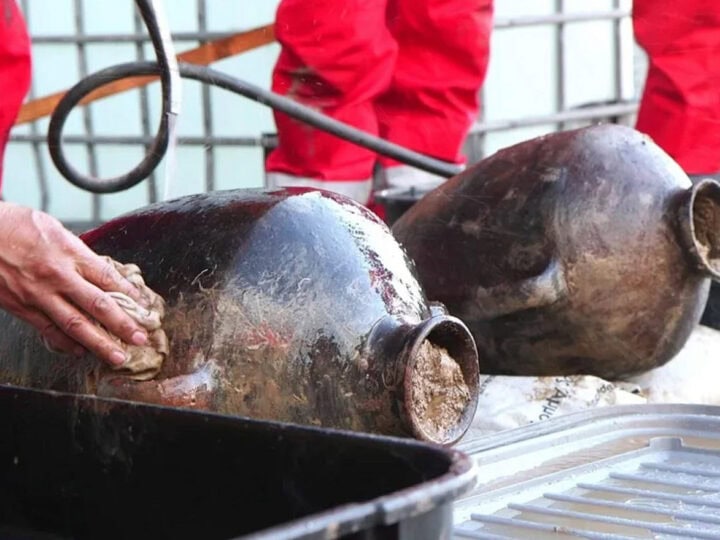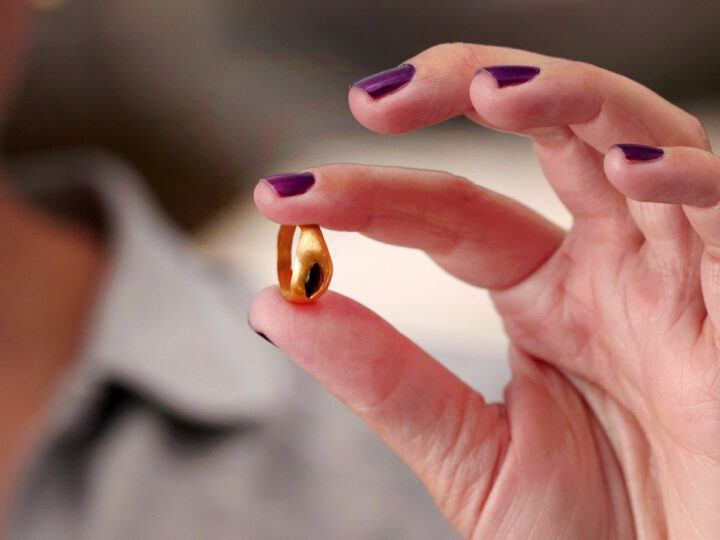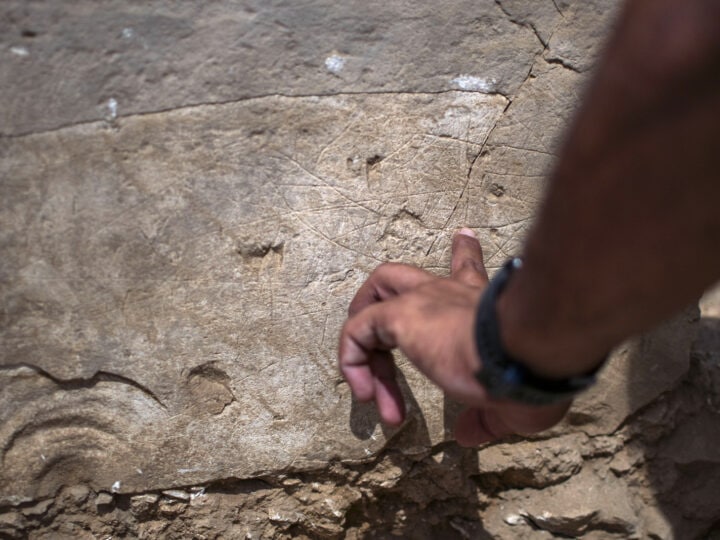A rare 1,891-year-old coin has been discovered in the Judean Desert which dates back to the first year of the Bar Kokhba Revolt in 132 CE.
The coin’s face is engraved with a date palm and the inscription “Eleazar the Priest” in ancient Hebrew script. On the back, a bunch of grapes is encircled by the text “Year One of the Redemption of Israel.”
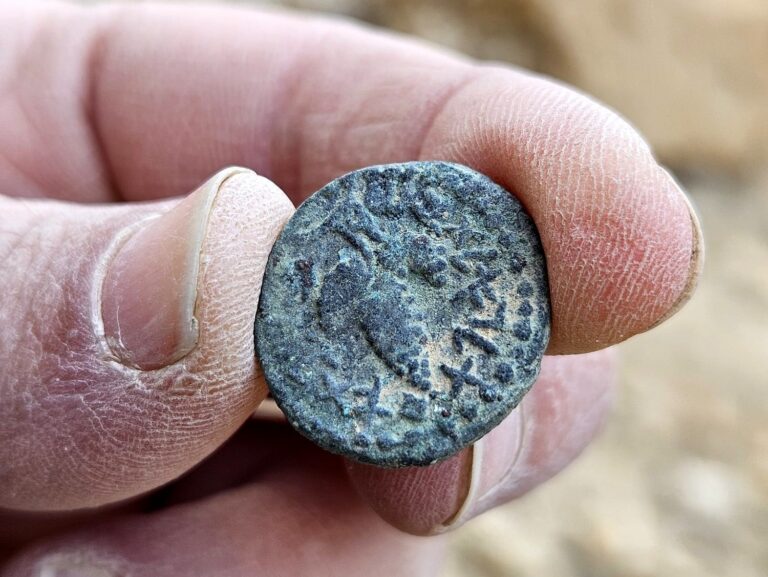
The coin, found in proximity to three others adorned with the name “Simeon,” paints a picture of the individuals and events surrounding the Bar Kokhba Revolt, a major Jewish rebellion against Roman rule in Judea during the second century CE.
Scholars are currently exploring various possibilities regarding the identity of “Eleazar the Priest,” with one theory suggesting Rabbi Eleazar Hamod’ai, a Tannaic Rabbi during the time of Rabbi Akiva. It is believed that he played a significant religious role in the Bar Kokhba Revolt and resided in Beitar, the headquarters of the rebellion, where he likely met his demise.
The find comes as part of the ongoing Judean Desert Cave Survey, a collaborative effort between the Israel Antiquities Authority, the Ministry of Heritage, and the Archaeological Office for the Military Administration of Judea and Samaria.
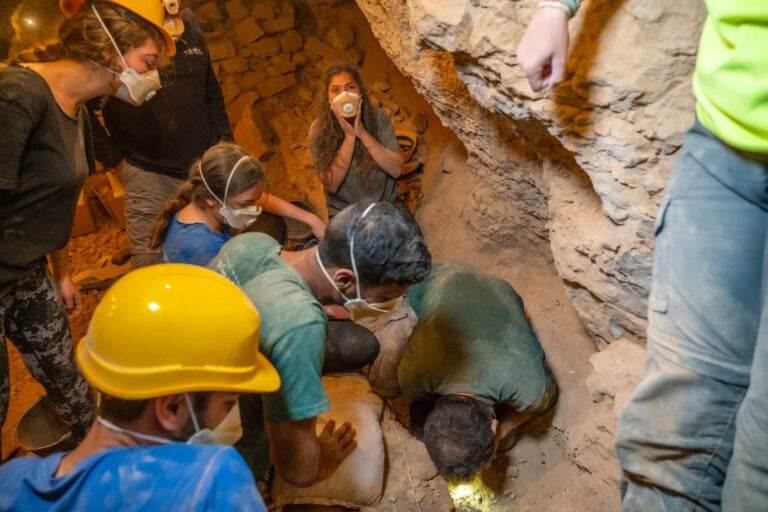
In light of increasing threats from antiquity looters, the Israel Antiquities Authority has been actively surveying the Judean Desert since 2017. Recent discoveries include scroll fragments of the Twelve Minor Prophets, Roman iron swords, and the earliest complete basket known to humanity.
Fighting for Israel's truth
We cover what makes life in Israel so special — it's people. A non-profit organization, ISRAEL21c's team of journalists are committed to telling stories that humanize Israelis and show their positive impact on our world. You can bring these stories to life by making a donation of $6/month.





